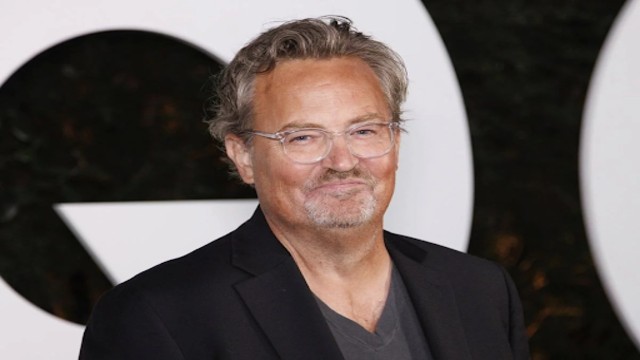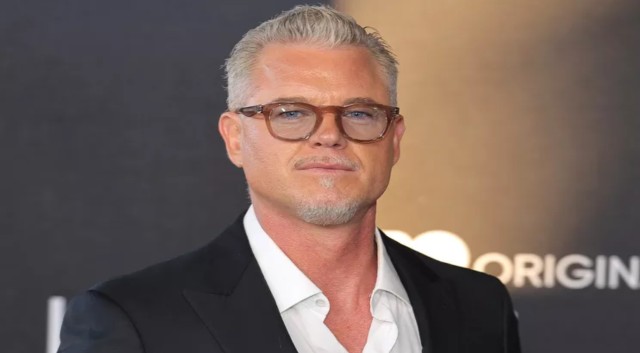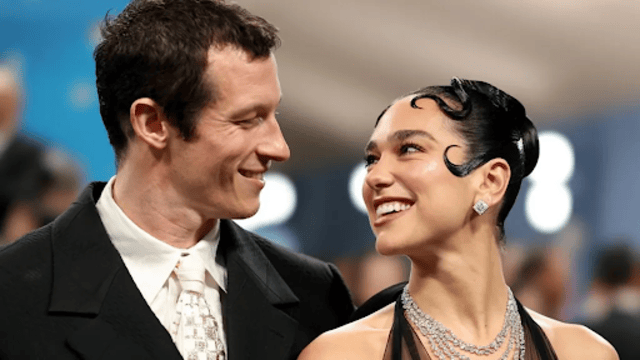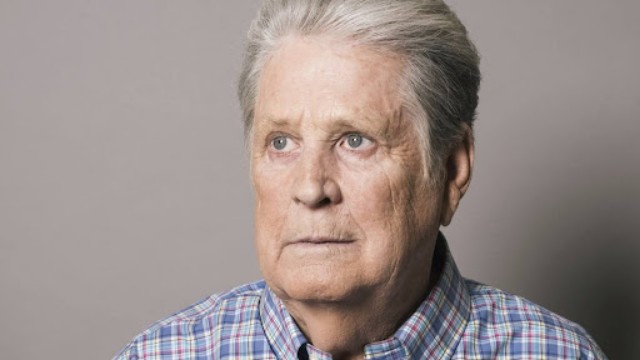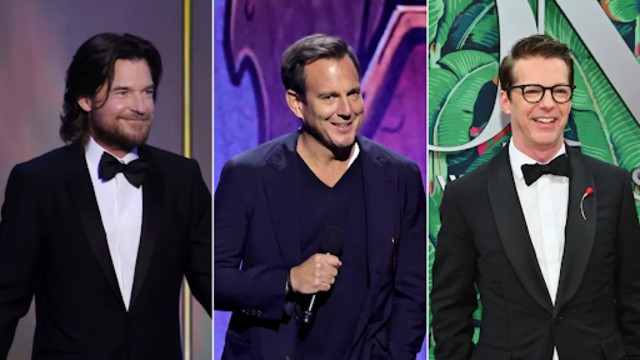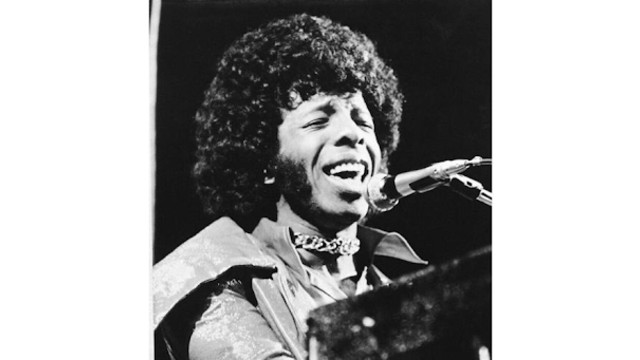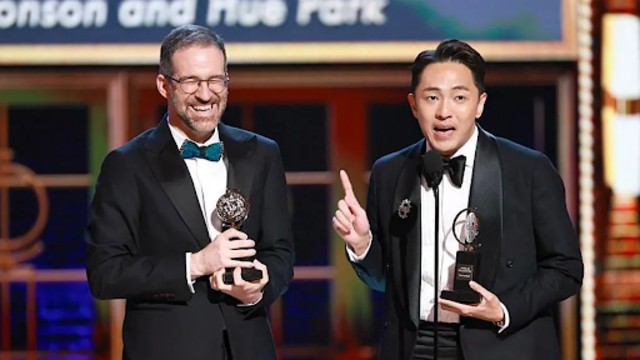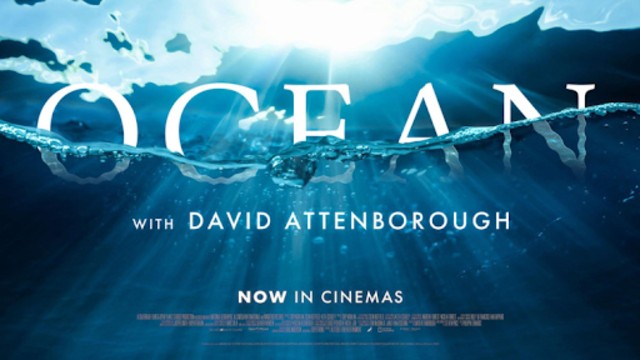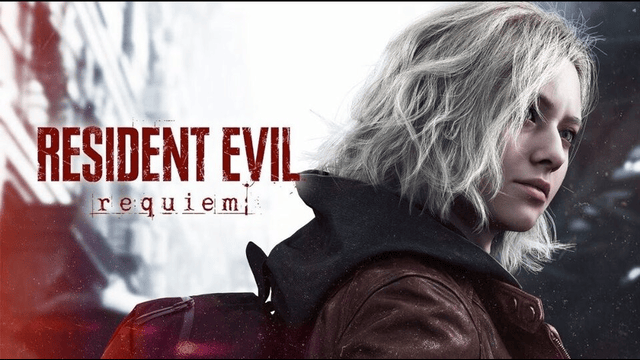
Ed Sheeran poses on the red carpet as he attends the 66th Annual Grammy Awards in Los Angeles in February 2024.
The long-running legal battle claiming Ed Sheeran copied Marvin Gaye’s Let’s Get It On has finally reached its end. On Monday, the U.S. Supreme Court refused to hear the copyright case against the British pop star, letting a previous ruling in Sheeran’s favor stand.
A Legal Tune That Wouldn't End
The case had been ongoing for years, with multiple lawsuits attempting to prove that Sheeran’s hit Thinking Out Loud borrowed heavily from the soul classic. Structured Asset Sales, a company that owns a one-ninth share of the royalties from Gaye’s track, filed the appeal after losing in lower courts.
In a related 2023 trial, a jury had already cleared Sheeran of any wrongdoing. The verdict concluded that Thinking Out Loud—which earned a Grammy in 2016—did not infringe on the 1973 copyright registered for Let’s Get It On.
With the Supreme Court opting not to revisit the case, the 2nd U.S. Circuit Court of Appeals’ ruling in Sheeran’s favor remains final.
A Question of Interpretation
The appeal wasn't just about two songs. It raised a broader legal issue: how much power courts should give to federal agencies like the U.S. Copyright Office when interpreting old laws.
Structured Asset Sales argued that the appeals court gave too much weight to how the Copyright Office interpreted the 1909 Copyright Act. Their concern? That this interpretation could limit protections for older musical works, especially ones only recorded in handwritten sheet music.
The Supreme Court recently narrowed agency powers in a different case, overturning the landmark Chevron decision from 1984. That made some observers wonder if Sheeran’s case might get reconsidered under this new, stricter lens. It didn’t.
The Core Dispute: What Counts as Copyrighted?
Structured Asset Sales claimed Sheeran copied core musical elements—specifically the tempo and percussion groove of Gaye’s song. They warned that thousands of classic compositions could be at risk if such elements weren’t protected under copyright law.
In their statement to the court, the company’s lawyers said the issue impacted “many of the most beloved and enduring pieces of popular music.”
But Sheeran’s legal team argued otherwise. They pointed out that the original copyright only covered the handwritten sheet music submitted by Gaye’s co-writer, Ed Townsend. That version didn’t even specify a tempo. They also said the language of the Copyright Act was clear enough that courts didn’t need to rely on external interpretations.
Final Note
With the Supreme Court’s decision, Ed Sheeran can officially close the book on a case that has followed him for years. While debates about music ownership will surely continue, this one ends on a high note for Sheeran—and a legal defeat for those aiming to expand copyright protections beyond written notation.


